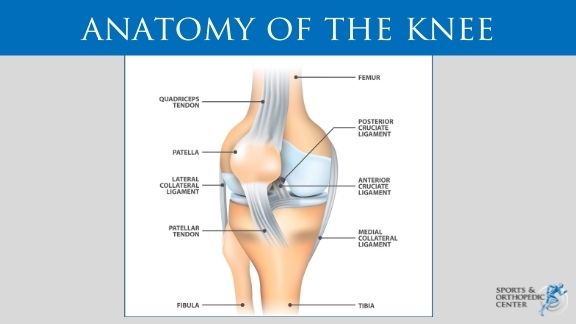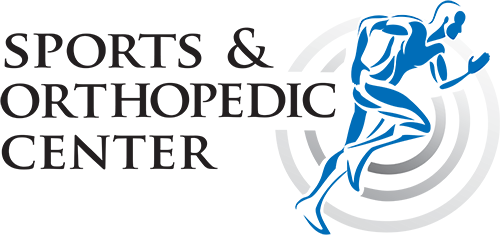ARTHROSCOPY REPAIR FOR MEDIAL/LATERAL COLLATERAL LIGAMENT TEARS
Your knee ligaments connect your thighbone to your lower leg bones. The medial collateral ligament (MCL) and lateral collateral ligament (LCL) are found on the sides of your knee.. The medial collateral ligament (MCL) is one of the four ligaments that are critical to maintaining the mechanical stability of the knee joint. The ligamentous sleeve spans the entire medial side of the knee from the medial aspect of the extensor mechanism to the posterior aspect of the knee.
- The medial or “inside” collateral ligament (MCL) connects the femur to the tibial.
- The lateral or “outside” collateral ligament (LCL) connects the femur to the smaller bone in the lower leg (fibula).
The collateral ligaments control the sideways motion of your knee and brace it against unusual movement.

Depending on the degree of pain or looseness of your knee joint, the injury will be classified as:
- Grade 1 — Some tenderness and minor pain.
- Grade 2 — Noticeable looseness in the knee when moved by hand; major pain and tenderness at the inside of the knee; swelling, in some cases.
- Grade 3 — Considerable pain and tenderness at the inside of the knee; some swelling and marked joint instability. The knee opens up about 1 centimeter (slightly less than half an inch) when the doctor moves your leg around. A grade 3 MCL tear often occurs along with a tear of the anterior cruciate ligament.
CAUSES
Injuries to the medial collateral ligament most often happen when the knee is hit directly on its outer side. This stretches the ligaments on the inside of the knee too far or can tear them.
It is not uncommon for athletes to suffer tears of the medial collateral ligament and anterior cruciate ligament at the same time. The ligament also can be injured through repeated stress. This causes the ligament to lose its normal stretch and elasticity similar to a worn-out rubber band.
SYMPTOMS
The symptoms of an MCL/LCL injury are similar to symptoms of other knee problems. It’s important for your doctor to examine your knee to determine the problem.
- a popping sound upon injury
- pain and tenderness along the inner part of your knee
- swelling of the knee joint
- a feeling that your knee is going to give out when you put weight on it
- locking or catching in the knee joint
Problems with knee stability typically indicate grade 2 or grade 3 injuries.
The right MCL treatment plan will depend on the severity of your tear. Grade I and Grade II tears can heal on their own within a few days to a few weeks as long as you get plenty of rest.
Since Grade III MCL injuries are complete tears, the ligament is unable to heal itself and surgery is needed. Surgery may also be needed if there is any grade of an MCL tear along with other ligament issues.
TREATMENT
A nonsurgical treatment plan will include some or all of the following:
- Applying ice to reduce swelling
- Taking anti-inflammatory medication to reduce pain and swelling
- Using an elastic bandage or brace to compress the knee
- Walking with crutches to keep the weight off the injured knee
- Limiting activities that could cause reinjury or disrupt healing
- Physical therapy to regain strength
Arthroscopy Repair for Medial/Lateral Collateral Ligament Tears
If the damage to the LCL/MCL is of a higher degree, then surgery may be required to directly repair the damage or to reconstruct the ligament itself. In many cases, surgery to the LCL/MCL is essential when other structures in the knee have been damaged at the same time. Surgery to the LCL will be done arthroscopically and will involve repairing the LCL/MCL using surgical sutures (stitches) or replacing the LCL/MCL with grafts from the hamstring tendon or using an allograft. Surgery after severe LCL/MCL damage will ensure the full, or near full, return of knee function and stability.
Our Orthopedic Surgeons at Sports & Orthopedic Center have vast experience treating Medial/Lateral Collateral Ligament Tears. Call us at 954-481-9942 or schedule an appointment here

